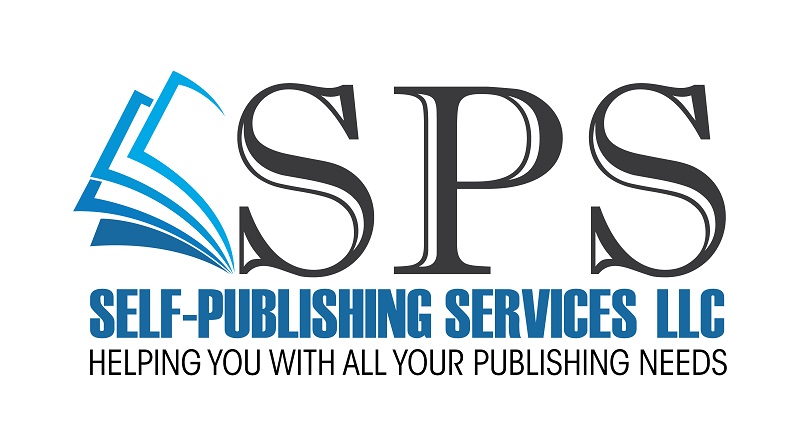Do I need to buy an ISBN?
Ahh, the age-old question: how should I spend my limited resources? As a self-published author, do I need to purchase my own ISBNs, or should I use the free ones offered by KDP, Ingram Spark, and others? Good questions.
For those of you new to the acronym-laden jargon in the publishing world, an International Standard Book Number (ISBN) is the unique identifier assigned to books available for sale. ISBNs are required by retailers to help shelve and track the printed version of a title, and a separate ISBN is required for each printed format (paperback vs. hardback, color vs. black and white, large print, etc). ISBNs are mostly optional for other non-printed formats of a book (epub, pdf, audio, etc). Only one company in the US, Bowker, is legally allowed to sell ISBNs. They charge $125 for a single ISBN and $295 for a block of 10. In other countries, like our friends to the north, ISBNs are free. Lucky them. You’ll have to research the rules for the country in which you are publishing.
Do you need to buy an ISBN? This decision should be driven by your publishing and sales goals. Start with these questions:
Do you intend to write more books?
Is part of your sales strategy to have your print book shelved in physical bookstores?
Are you using more than one Print on Demand (POD) platform?
Do you want to obscure the fact that your book is self-published (which is a perfectly legitimate objective for several reasons)?
If you answered yes to any of the above, it's probably best to buy a block of 10 ISBNs and assign one to each format of your title (hardcover, paperback, epub, audio, etc). Regardless of where you upload your book for POD services, including Amazon/KDP, Ingram Spark, Barnes and Noble Press, Lulu, BookBaby, etc, you will use the ISBNs you have purchased and assigned to your title in its various formats.
However, if you answered no to all of the above, it may not be worth the investment to purchase an ISBN. Amazon/KDP (as well as other POD platforms) provide ISBNs for free. For most authors, the biggest difference between owning your own ISBN and using a free one is the "publisher of record." When you create your account at Bowker to purchase ISBNs, you provide information on the entity purchasing the number(s). You can create your own business/LLC/publishing imprint or use your own name. That information is stored as the publishing entity, and the name you provide will be recorded as the publisher of record for your title. But recorded where? Who looks at these records?
Data entered into Bowker when you assign your ISBN goes into the Books In Print database and becomes part of your book's metadata. Retailers, publishers, libraries, and sales tracking services use the Books In Print database for various reasons. For most authors, retailers are the biggest factor. For retailers, the Books In Print database is the resource they use to determine how to set up the title in their store.
Using a free ISBN from a POD service means the publisher of record will be owner of the ISBN, so KDP or Ingram or whoever you're using. THIS HAS NO BEARING ON ROYALTIES. Simply owning the ISBN does not transfer copyright ownership or rights to royalties to the ISBN owner. However, it does mean that the point of contact for someone looking for more information or to have a conversation about the rights to your book will be the publisher of record. So if a bookstore or a tv producer or some super invested fan wants to talk with someone about your title, they are (potentially) going to reach out to the publisher of record. (But most people in a position to be chasing rights information are pretty smart. If, for example, a film studio wants to acquire the film rights for a book, and they see it has KDP as the publisher of record, they are likely going to find you as the author some other way, like social media or simply typing your name into the google machine. Hint: having a presence online somewhere is a good idea for this reason.)
If you choose to use the free ISBN from KDP, also note that you can't transfer that ISBN to another POD service. So if you want to make your book available via Ingram Spark, you would need to use their free ISBN and change the interior of the book to contain the matching ISBN.
This is one of those tricky decisions. It can be hard to see an ROI on the expense. Be honest with yourself about your goals and expectations for the title to determine whether you need to purchase ISBNs or use the free options.
PS - if you choose to purchase ISBNs from Bowker, and you are uploading through KDP or IngramSpark, you do not need to purchase a barcode. Both of these services will generate the barcode for you. KDP will simply place it automatically in the lower right corner on the back (close to the spine). With Ingram, you can download a cover template that will allow you to clip and place the barcode where you want it on the back.

